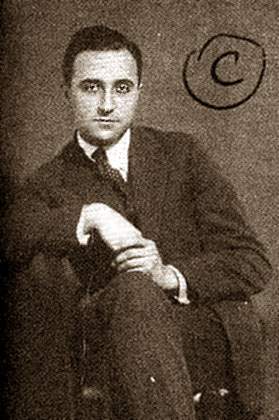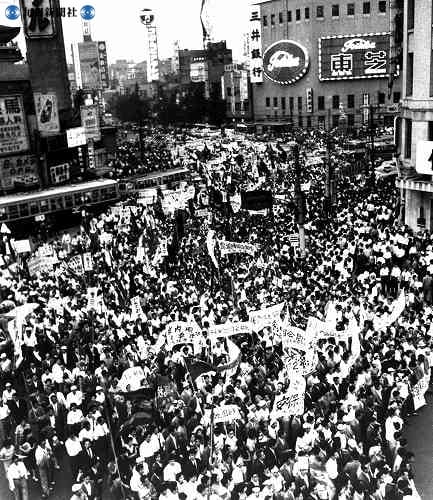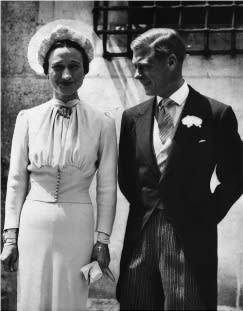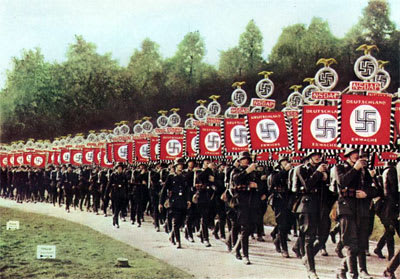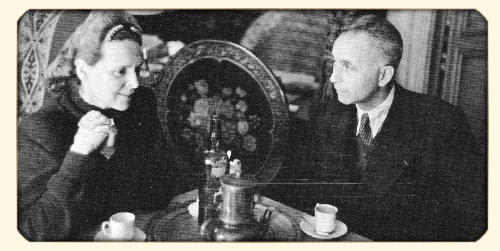The sorrow and the pity by Marcel Ophuls
まとまったfilmが見当たらない。細切れ、あるいは、解説に頼るしかない。
No.1 :: Despite its failure to analyse these critical issues and therefore present a complete picture of this period, The Sorrow and the Pity is still a valuable record of life in German-occupied France and a useful starting point for future documentary filmmakers attempting to analyse this crucial period. It certainly deserves much a wider audience than those able to attend film festivals.
結論はこうだ。このthese critical issues とは何か?いくつもあるが一つに絞ると
Although socialist-minded workers in France saw the collapse of the German occupation as an opportunity to put an end to capitalism, the PCF had other plans. In line with guarantees given by Stalin to the US and Britain at the 1943 Teheran Conference, which organised the political shape of post-war Europe, the French Stalinists helped hoist de Gaulle into power and then contained and disbanded the Resistance. In exchange, the French Stalinists were given leading ministerial positions—including production and labour, national economy and defence—in de Gaulle’s first postwar government.
物凄く斬新な解説だ。ド・ゴールを権力につけて、レジスタンスを壊滅させたのは、フランスのスターリン主義者たちだ、とある。そう言えば、戦後アメリカに於いて国際連合に基づく、世界機構を構築したのも、アメリカのスターリン主義者たちだった。ただ私見を述べるとスターリン主義者とは何を意味するのか彼ら自身がこの時点ではまだ気づいていないのだ。
ここにはド・ゴールが真のレジスタンスとはいかに離れていたか、戦後のどさくさに紛れて彼が救国の英雄となれたのは、正体不明の権力者たちのシナリオだったと書かれている。それに関しては随分以前から私も納得している。
No.2 & 丸刈りにされるコラボだった女性& 映画出演者:
No.3 :: 後半の最後はモーリス・シュバリエが出てきて対独協力は誤解だと弁明する。満面の笑みをたたえてそこでfilmは終わると聞いていた。そのシーン(後半部7/7)を見つけた。
Maurice Chevalier - Sweepin' the Clouds Away :
No.4 & No.5 :: これが完璧な映画解説。Backgroundから以下を引用する。このfilmの役割、価値はここにあると思うからだ。
Gaullist myth that France’s millions nobly resisted the Nazi Occupation. De Gaulle, leader of the Free French and later president of the Fifth Republic, promoted this idea in public speeches and on official radio and television networks by constantly referring to the glory of the Resistance. Perhaps de Gaulle’s intentions were honorable — France had suffered deep humiliation during the war and his rhetoric provided a shot of self-esteem. However, as time went by, stories of the war years’ horrors and injustices became shrouded in self-denial and lies. Increasingly, French children were only taught de Gaulle’s “Official Version” of France during World War II. Ophuls believes that “one of the jobs of documentary filmmaking is to prevent people from reinventing the past”
No.6 :: 映画後半の主人公Christian de La Maziereに関して: 今シャンソン・ブログに歌手Dalidaのことを書いている。Christian de La MaziereはDalidaの恋人でもあった。
参照 : Correspondances:
この映画でChristian de La Maziereが多く登場するのは後半部の5/7 ←
No.7 ::1977 年の Woody Allen の映画 "Annie Hall."のなかで、この映画が話題になるシーンがあるのだそうだ。
In one of the film's signature scenes, Alvy Singer (Allen) suggests he and Annie (Diane Keaton) go see the film. "I'm not in the mood to see a four-hour documentary on Nazis," Annie protests. In the film's poignant conclusion, Alvy runs into Annie as she is taking a date to see the film, which Alvy counts as "a personal triumph."
No.8 : 映画後半部6/7のなかでGeorges Brassensの歌声が聞こえる。
タイトルと意味内容を調べてみた。
Georges Brassens- La Tondue - with English translation and commentary
No.9 & No.10 & No.11: Marcel Ophuls:
No.12:: Emmanuel d'Astier de la Vigerieに関して
単なるレジスタンスとコラボだけの話だったら簡単なのだけれど
ヨーロッパの第2次世界大戦には日本にはないユダヤ人問題がからむ。
コミュニスト、ファシストの思い込み、そしてロシア革命の影響も大きい。
ドリオでわかるように、左から右に(また人によっては右から左に)急転回する人物も多い。大体が初めからブレているようにも思える。否、名称など意味がなくなっているというのが正しいかもしれない。
Emmanuel d'Astier de la Vigerieに関して以下のような記述があった。
Emmanuel d'Astier died in Paris in 1969. His wife Liubov was the second spouse of French politician Gaston Bergery (divorced in 1928) and the daughter of Bolshevik Leonid Krasin. They had three sons Jean Francois, Christophe and Jérôme.
Family friend Joan Baez wrote and recorded a song, "Luba the Baroness", about learning of the death of the oldest son, Jean-Francois.
Joan Baezが彼の息子の死について、歌をつくって歌っているのでさがしてみた。
Joan Baez - Luba, The Baroness: 歌詞 :
またこういう記述もある。While in London in 1943, he wrote the lyrics for the song La complainte du partisan, (known in English translation as The Partisan (recorded by Leonard Cohen, Joan Baez, and doubtless many others).
"La Complainte du Partisan" ("The Partisan") is a song about the French Resistance in World War II. The song was written in 1943 in London by Anna Marly and Emmanuel d'Astier de la Vigerie.
It is often confused with the Chant des Partisans, which became the unofficial anthem of the French Resistan.
Chant des Partisansは知っていたがEmmanuel d'Astier de la Vigerieが作詞したというLa complainte du partisanは知らなかった。早速探してみた。
LA COMPLAINTE DU PARTISAN écrit en 1943, à Londres.
作曲のAnna Marly他の歌で : 曲の解説他を含む:
いつかレジスタンスを徹底的に書かなければならない。
奥も裏も深い。それぞれの派閥を経済的に支えていた見えないおおきなうねりとしか表現できないものがある筈だ。明治維新の奥や裏に外国の(仕掛け)があるという説を耳にしている。被占領国フランスの奥や裏にも似たようなものが存在すると考えれば、歴史は面白い。そして登場人物の心理まで読めるようになれば、もう一度この映画に挑戦しようと思っている。










